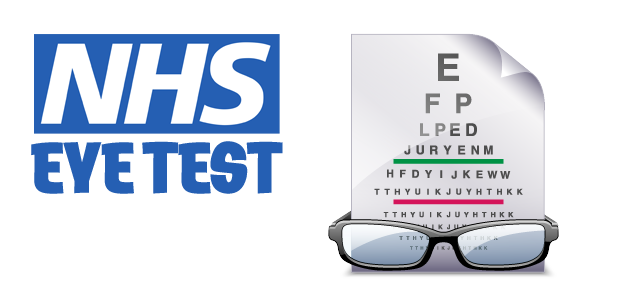![]()
Jack Brown Eyecare, Edinburgh Opticians.
Email: info@jbeyecare.com
Jack Brown Eyecare Branches
30 Elder Street, Edinburgh EH1 3DX
Tel: 0131 557 3531
Open in Google Maps
Westside Plaza, Edinburgh EH14 2SW
Tel: 0131 442 2333
Open in Google Maps

What is Temporal Arteritis?
Giant Cell Arteritis, Temporal Arteritis and Cranial Arteritis are terms which can be used when diagnosing an inflammatory disease affecting the medium sized arteries, more specifically the many arteries which supply the head and eyes.
Arteritis is a condition which can cause sudden loss of sight in one eye.
Arteritis may be generalised or confined to one area . When the condition is generalised, the term Giant Cell Arteritis is more likely to be used, but when the effects are limited to the arteries in the scalp, it is more likely that the terms Temporal or Cranial Arteritis will be used.
Effects of the Condition
The condition occurs most often in medium sized arteries which may swell and become tender. The blood flow in these arteries is stopped by a clot forming.
Occasionally giant cell arteritis may be accompanied by severe headaches, fever, weight loss, depression, strokes and heart attacks. Pain and stiffness in related muscle groups may occur months or years before the cranial symptoms but may not be a prominent feature when headaches occur.
Some people may have pain in the jaw on speaking or chewing and in severe cases, thrombosis of the ophthalmic vessels causes loss of vision.
In severe cases sight loss in one eye is the first manifestation of arteritis and other systemic features are minimal or absent. Generally there will be loss of pulsation in the inflamed arteries, usually the artery on the temple above the ear.
Risk groups and risk factors
The condition is commonly found among people of post retirement years.
The Causes of Temporal Arteritis
Generally speaking there is no known cause for Giant cell arteritis but accompanying sudden loss of vision is related to optic nerve damage caused by the closing off of the central artery to the retina, or one of its branches.
Artery occlusion may also occur as part of other ischaemic (obstructed blood flow) or hypertensive (raised blood pressure) conditions. Sight loss may also be caused by cerebral involvement.
Treatment
Treatment with cortisone/steroids is found to be very effective particularly if promptly administered.
Aspirin is thought to be preventative, but like all matters related to individual health and medication, this should be discussed with your GP as part of your overall health profile. Aspirin is not suitable for everybody.
Examination of the inflamed artery may be undertaken in the form of a biopsy to confirm diagnosis. This will involve minor local surgery to remove and examine a small section of blood vessel.
Prognosis
Severity and extent of the involvement will relate to the quantity of elastic tissue in the artery and for this reason, intracranial arteries, which possess little elastic tissue, are not usually involved.
Sight loss is hard to regain but if treatment has been prompt, partial sight may be restored in the affected eye. Usually the problem can be confined to one eye but in order to minimise the risk of further visual loss, treatment will usually be promptly administered and will relate to the individual's symptoms. Unless otherwise indicated treatment will continue for around a year.
Genetic Implications
Whilst Arteritis is not an hereditary disease, it is important to discuss your family history with medical advisors to establish if there are some family characteristics which may cause or contribute to the problem.
Ocular health care
Changes in sight level or clarity should be investigated since most of the major causes of blindness are treatable if identified soon enough.
Many eye conditions have no symptoms in the early stages but they will be damaging sight so it is important to attend regular eye tests. Frequency will depend upon your age and general health and this should be discussed with your optometrist and/or GP.
Diets rich in animal fats, salt and sugar, are thought to contribute to ill health as are use of tobacco and excessive consumption of alcohol. Your medical advisors will be able to discuss any intended changes to diet or lifestyle in relation to your general health needs.
text size >












